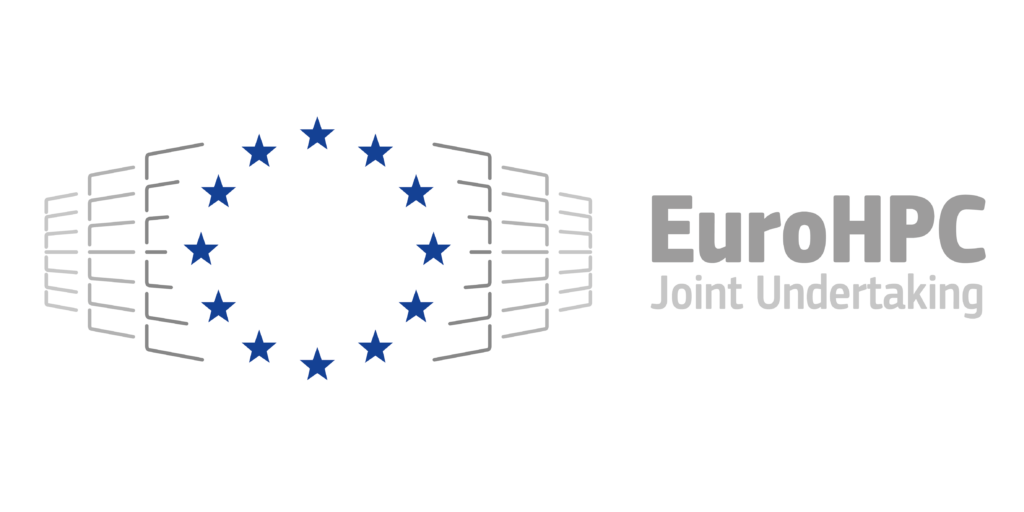Fabrizio Magugliani from E4 attended IDCS2019: the 12th International Conference on Internet and Distributed Computing Systems, delivering the E4 presentation. The speakers listed in the rich agenda detailed how the rapidly evolving technology for Distributed Computing Systems enables using more computation and ‘intelligence’ at the Edge, and how to maximize the effectiveness of different architectures and components. While these components are ideal for analyzing data at the Edge, more elaborate analysis demands the use of more powerful systems. Having the same Instruction set at the Edge (running Arm devices) as well as in the centralized computing facility is definitely a value, making the EPI processor ideal for seamless integration of the data streams with the EPI-powered centralized facility.
Fabrizio Magugliani from E4 Computer Engineering presented at the workshop “Edge computing: Quando il Cloud è troppo lontano”, which confirmed the need for integrating the different streams of data (coming from IoT, the Edge, Industry 4.0 and similar sources) in a consistent view, including the pre-processing of data at the Edge and a HPC-powered analysis in a centralized facility, applying AI and HPDA techniques to the streams and then storing and capitalizing on the ‘knowledge’ extracted from the data. He introduced the roadmap and goals of the EPI and highlighted that the roadmap is fully consistent with the computational need of such a chain of processing.
In Pisa, the EPI team participated at the RoundTable at ApplePies, 7th International Workshop Applications in Electronics Pervading Industry, Environment & Society. The Round Table confirmed that the EuroHPC Joint Undertaking, in full alignment with the objective of deploying in Europe a world-class supercomputing infrastructure and a competitive innovation ecosystem in supercomputing technologies, applications and skills by coordinating the efforts of its member states and share resources, has assigned one of the 3 Precursor to Exascale system to CINECA. Building on that, the Round Table’s participants presented the contribution of Italian-based institutions and enterprises towards the maximization of the results achieved through exascale-class systems both from the scientific and research point of view as well as from the industrial point of view. The current status of R&D in Italy specifically for the development of components for exascale-class systems was addressed, including the role of Italian institutions and enterprises in the European Processor Initiative (EPI) consortium, and which synergies among the key players could create a native Italian ecosystem fully aligned within the EuroHPC JU and EPI initiatives for enabling exascale-class systems to support scientific leadership and industrial competitiveness.
Our website uses cookies to give you the most optimal experience online by: measuring our audience, understanding how our webpages are viewed and improving consequently the way our website works, providing you with relevant and personalized marketing content.
You have full control over what you want to activate. You can accept the cookies by clicking on the “Accept all cookies” button or customize your choices by selecting the cookies you want to activate. You can also decline all cookies by clicking on the “Decline all cookies” button. Please find more information on our use of cookies and how to withdraw at any time your consent on our privacy policy.

